Should I Lease or Buy a Cleaning Machine – Leasing vs Buying
A Financial Decision for Your Business
In the realm of business operations, two critical factors are efficiency and cost-effectiveness. This extends to the equipment you utilise, and in particular, cleaning machines. When it comes to obtaining these essential tools, businesses are often confronted with the decision of whether to lease or make an outright purchase.
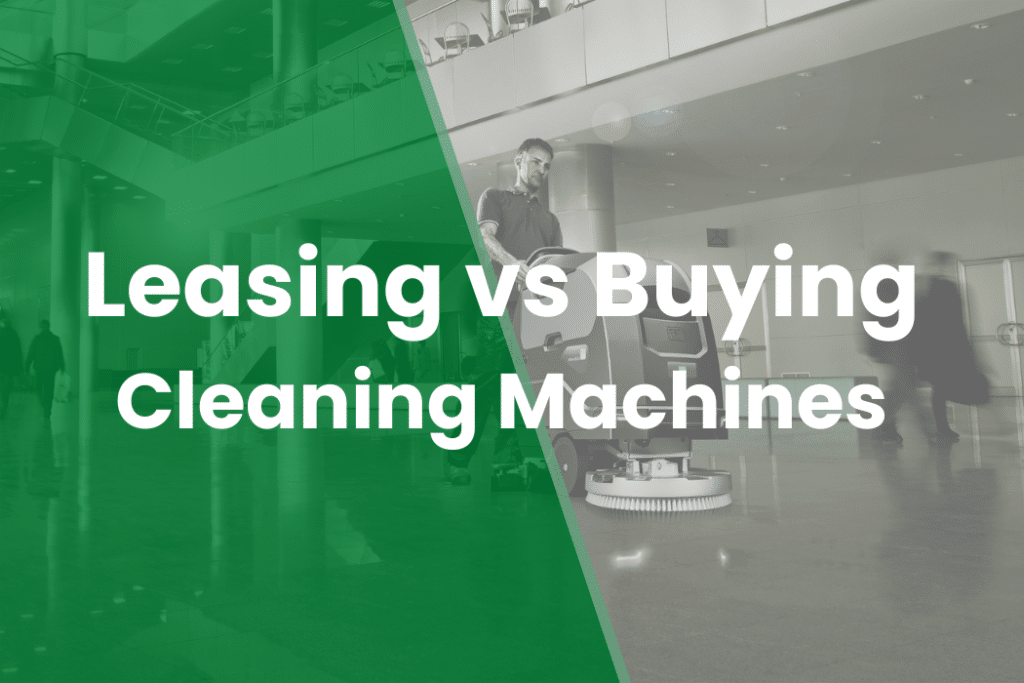
Understanding Finance Leasing
Finance leasing is a financial arrangement predominantly embraced by businesses, including limited companies, partnerships, and sole traders.
This model allows businesses to acquire necessary assets without the immediate financial burden of outright purchases.
In essence, finance leasing serves as a rental or hire agreement for equipment, granting businesses the flexibility to utilise these assets without tying up their capital.
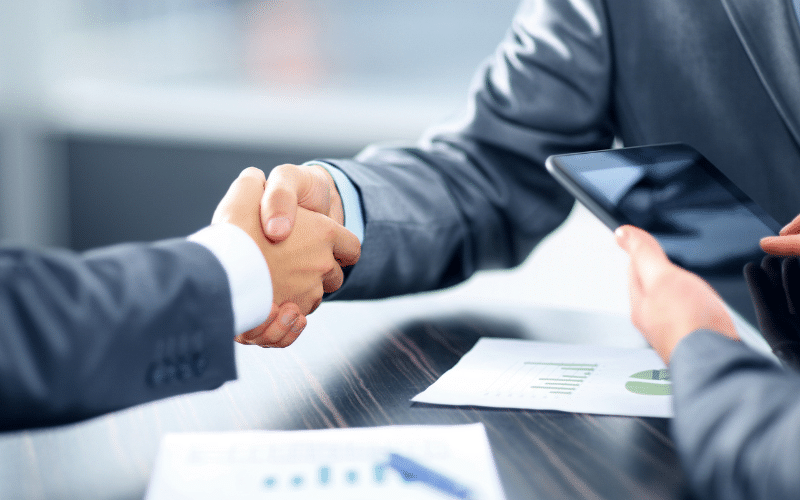
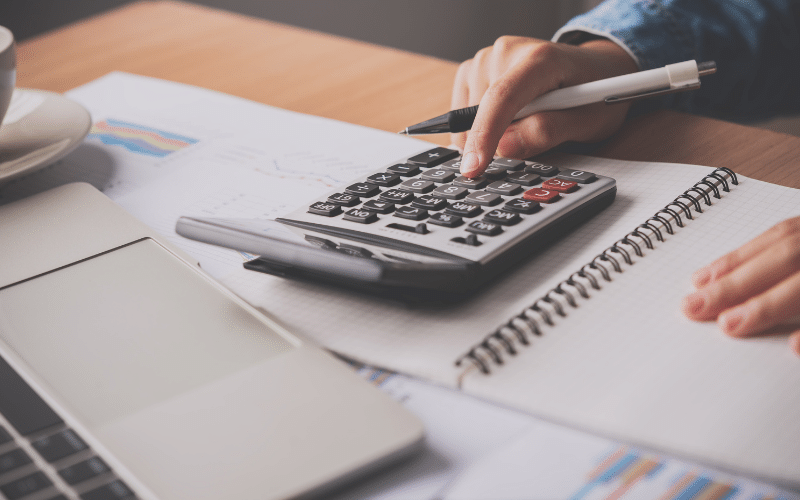
Exploring the Financial Mechanics
Let’s illustrate how leasing works through an example.
Imagine you require a cleaning machine valued at £3,000.00 + VAT, and you opt for a 3-year lease term.
The monthly payments would amount to £110.94. Over 60 months, this translates to a weekly equivalent of £25.60.
The total payments throughout the lease term sum up to £3,993.84 + VAT.
What’s intriguing is that businesses can reclaim 19% of the tax on the total lease payments over five years, resulting in a reclaimed amount of £758.83. This reduces the net cost of the lease to £3235.01 + VAT.
The Tax Advantages of Leasing
One of the primary motivations for companies to opt for leasing over purchasing equipment is the substantial tax benefit it offers.
Lease rental payments are 100% tax deductible, enabling businesses to deduct these payments from their tax obligations.
This leads to significant savings in the effective cost of acquiring equipment through lease rental. Depending on the applicable tax rate, this can translate into savings ranging from 20% to 40% of the lease payments.
By categorising these payments as direct operating expenses, leasing minimizes short-term taxable income.
This approach ensures that lease payments can be offset against taxable profits, while capital allowances are retained by the lessee.
Furthermore, the ability to reclaim VAT on monthly payments adds another layer of financial benefit. This advantageous status as a “lease” rather than a “liability” on a company’s balance sheet can be appealing to financial institutions, contributing to what’s known as ‘off-balance sheet’ financing.
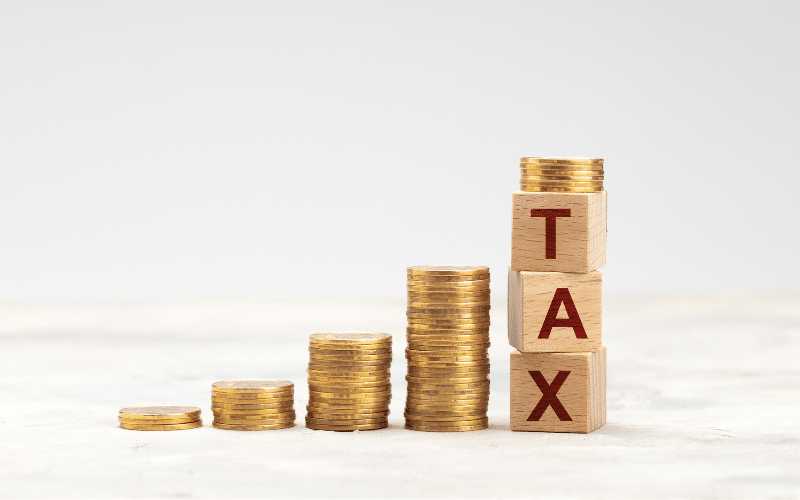
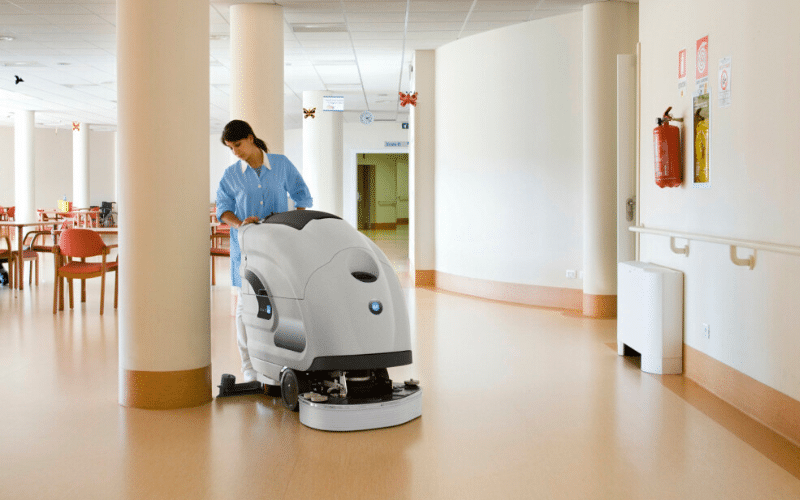
Ownership Considerations at the End of the Lease
A significant distinction between leasing and outright purchasing lies in ownership.
With leasing, the equipment’s title remains with the lessor, and it doesn’t appear on the lessee’s balance sheet.
Consequently, there’s no requirement for depreciation over a fixed period. In cases where leasing agreements involve third parties, the equipment’s title transitions to the lessee after an additional monthly payment.
This arrangement grants businesses the full benefits of leasing without the financial complexities.
Advantages of Leasing Cleaning Machines
Flexibility:
Finance leases offer businesses options concerning agreement length, repayment schedules, and end-of-lease choices.
Preserved Cash Flow:
Opting for leasing helps businesses retain capital for other essential investments.
Financial Planning:
Lease repayment profiles empower businesses to budget accurately throughout the equipment’s lifetime.
Tax Benefits:
Deducting lease payments from taxes offers substantial benefits to profit-making entities.
Competitive Edge:
Utilizing the latest equipment through leasing ensures cost-efficiency and competitiveness.
Efficiency:
Leasing provides quick turnaround times, allowing businesses to acquire needed assets promptly.
Upgrade Opportunities:
At the end of the lease term, businesses can choose to continue using the asset for a nominal payment or upgrade through another lease.
Key Points to Consider
While the advantages of leasing are clear, it’s important to remain cautious about potential challenges. Non-payment could adversely affect the business’s credit rating and any guarantors involved. In such cases, repossession of the leased asset might occur.
Leasing or Buying: The Conclusion
In the world of cleaning machines, leasing emerges as an attractive option for businesses seeking cost-effective ways to obtain the necessary equipment.
The tax advantages, flexibility, and potential for equipment upgrades make leasing a compelling choice.
By reducing the financial burden of outright purchases and preserving capital, leasing allows organizations to focus on their core operations while maintaining a competitive edge.
Ultimately, the decision to lease or buy depends on the unique needs and financial situation of each business.
By carefully evaluating the benefits and potential drawbacks, organizations can make an informed choice that aligns with their operational goals and financial strategy.
Please note that this article was written in October 2023. It’s advisable to consult with your leasing provider or accountant regarding current tax laws before making a decision.




